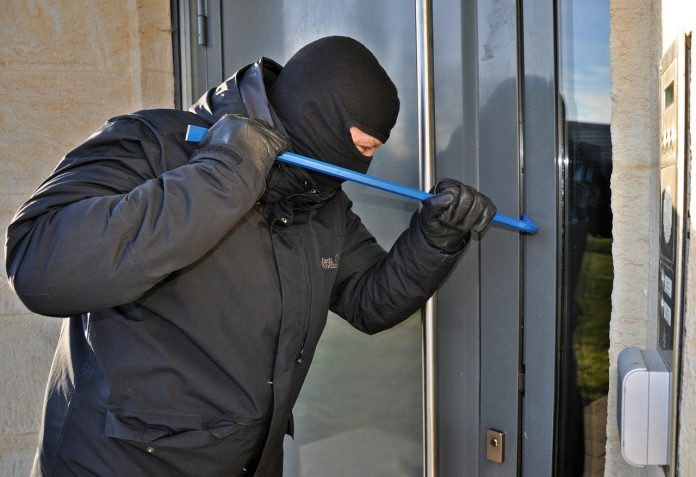3 Simple Ways to Secure Your New Home
Simple Ways To Maximize Home Security
When times get desperate, thieves don’t always compound, but they often do. This can happen when times are good, too. The bottom line is that America right now has many communities where breaking and entering crimes are common. There’s an upswing in profit, but it’s taking its time.
Accordingly, there are steps you should take to limit vulnerability. For one thing, get a big, loyal dog. In the long run, he’ll be cheaper than a lot of security systems, though he’ll be a big responsibility. Getting a security system is another great tip that many people take, as is installing your own surveillance equipment.
These are all fairly common security measures. However, there are a few other tactics you might want to consider which are less common. For example, if you make good friends with the neighbors, they can keep an eye on your home while you’re gone. Additionally, consider the following three strategies.
-
Secure Sliding Doors With A Rod
Some areas of your home are naturally vulnerable. As an example, Slider doors are easy to force open. The weight of the door and the strength of the person seeking entry often make it entirely possible for the door to be forced open despite a sound locking mechanism. The physics are against security when it comes to sliding doors.
However, you can use physics against would-be intruders as well. Take a rod, or a piece of wood that’s long and thin. Stick it in the track behind the sliding door when you’re not at home. This way, you’ll be able to keep thieves from forcing it open. They’d have to break wood or glass to accomplish their ends, and that changes the game.
-
Alarm Monitoring Agencies
Alarm monitoring agencies work like this: they have multiple centers monitoring multiple alarms centered in multiple states to give you comprehensive security. Working with facilities who have made it their business to facilitate effective alarm monitoring can be a very worthy layer of home security that could be integral in preventing your premises from being insecure.
Additionally, through such services, you can be notified wherever you happen to be if something trips your alarms. Concordantly, this helps diminish “false positives” from things like squirrels tripping motion sensors.
-
Decoy Safes And Hiding Valuables In Obscure Locations
If you’ve got serious valuables, never put them where sneak thieves are most likely to look. What are they going to do, generally? Invade your bedroom. That’s where people tend to keep their most valuable things. What would you rather come home to find: your room ransacked, and your jewels safe, or your room clean and $40k in diamonds lost?
Ventilation ducts, false ceilings, and “decoy safes” can all help you store valuable things. The decoy safe might be behind a painting or located prominently in your bedroom. Meanwhile, your real safe might be inset behind a removable wooden slide in a bathroom closet in the basement.
You keep your real valuables in the hidden safe and put a bunch of “nothing” in the decoy safe. Not “total” nothing. Just things the would-be thief won’t be interested in—a thumb-drive, for example. This can be a great way of “confusing the scent”, as it were. Obviously, a thumb-drive could contain real information! A thief might steal that and see what he can find, thinking you had no other valuables.
So look into false safes, but additionally be creative in where you hide valuables. Can you put them in the walls? How about the floor? Mattresses are common hiding places, so you might want to rule that one out. Look around, think outside the box—you’ll find some place no one would ever think to look.
Keeping Your Home Secure In Unique Ways
When you secure vulnerable entryways like sliding doors, employ the services of alarm monitoring agencies, use decoy safes, and hide valuables in obscure locations, you’re taking away a lot of maneuverability from potential thieves.
First, they’ve either got to damage property or find another way in when you’ve barred sliding doors. Then, if they want to find something, as soon as the alarm goes off, they know they’ve got a limited time.
When all they can find is some electronic dingus in a false safe and nothing in your bedroom, they’ve got to flee. See, if you’re clever, should you be a victim of a breaking and entering crime, you and your property will remain safe.







